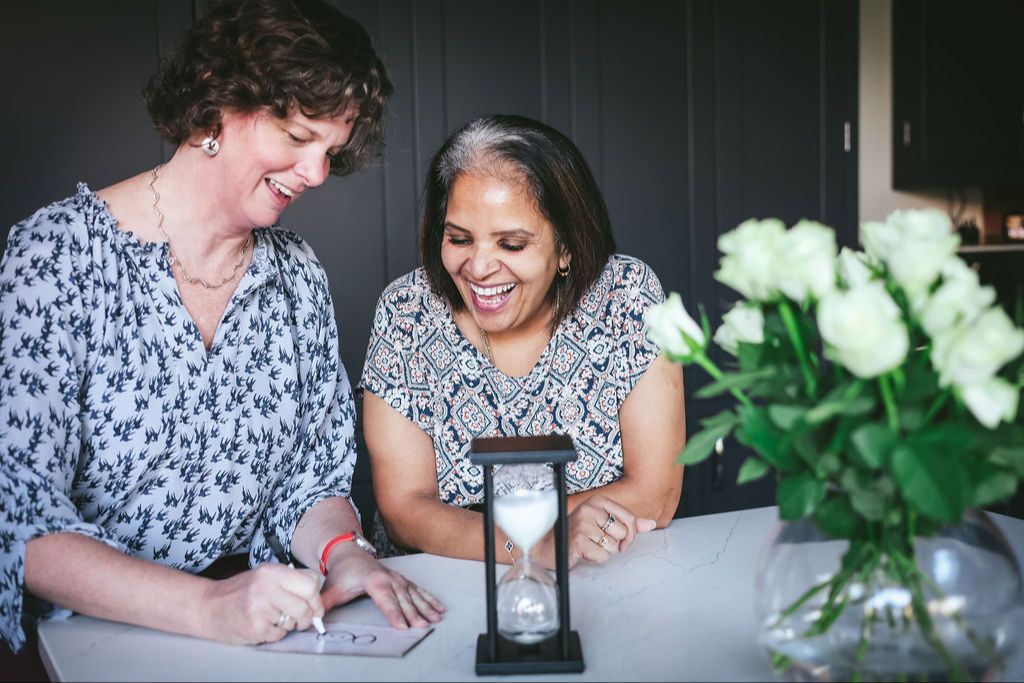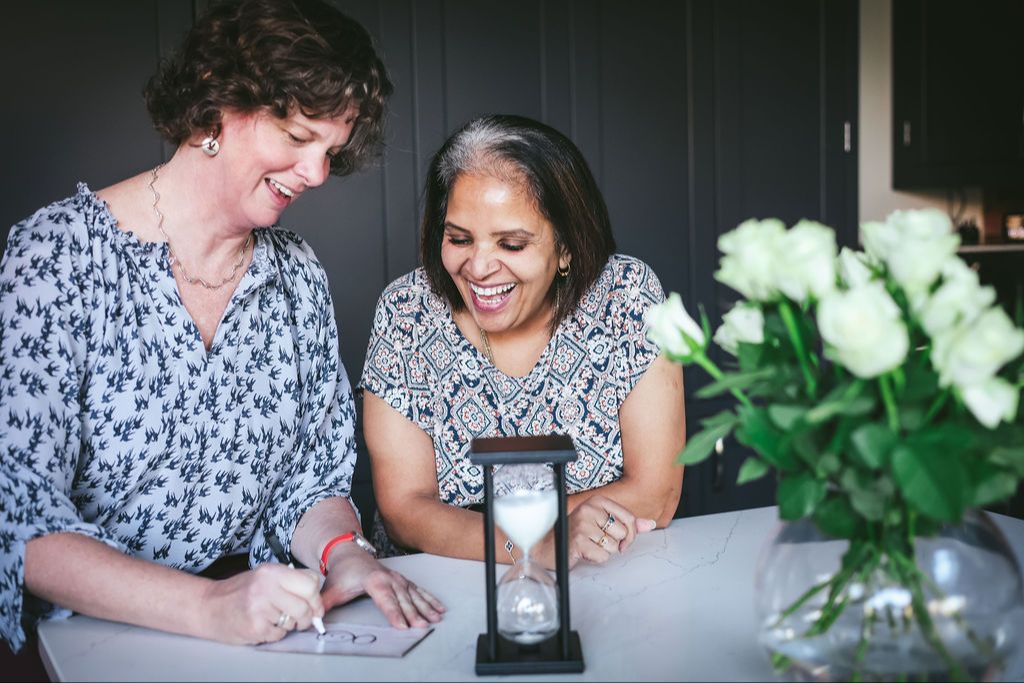How Storytelling Protects Children Before Harm Starts
Feb 19, 2025When Gloucestershire's Police and Crime Commissioner Chris Nelson said, "The risks to children have changed, and our response must change too. Early intervention is not a luxury, it's a necessity," he was articulating what teachers already know: we cannot wait until children are in crisis to help them.
But early intervention does not always mean more counsellors or social workers. Sometimes it means giving children a simple tool they can use every week in their classroom: their own voice, through story.
That is what StoryQuest is quietly doing in schools across Bradford and Gloucestershire.
Tom Hirst, Head of English at Dixon's Manningham Primary, noticed something during the first StoryQuest session. "Even the kids who don't like writing didn't want to leave. They wanted more. They came in wanting to write." But it wasn't just engagement he was seeing. Children who normally struggled to articulate feelings were creating heroes who faced fears. Students who kept emotions bottled up were writing stories where characters learned to ask for help. Children dealing with difficult home situations were imagining worlds where they had control. They weren't just writing. They were processing.
The HMICFRS inspection in May 2025 highlighted a critical gap: children often aren't heard by agencies until harm has already occurred.
StoryQuest creates a weekly space where children's voices come through, not in a clinical "tell us what's wrong" way, but through the safety of metaphor and imagination. A child might not tell you they're scared at home. But they might write a story about a character who feels unsafe and finds courage. Fantasy becomes a safe container for real feelings.
The methodology builds emotional regulation by helping children name complex feelings through their characters and practise problem-solving through plot. It creates regular touchpoints: weekly sessions mean teachers see children expressing themselves consistently, patterns emerge, and a child's story can signal distress long before it reaches breaking point. Research across 465 children in 9 schools documented 100% positive engagement, including children with SEND, EAL students, and those typically disengaged from school. Zero behavioural incidents across all sessions.
Mr Thieb Khan, Year 5/6 Teacher at Beckfoot Nessfield Primary, described the effect plainly: "The freedom to express ideas without strict constraints has empowered pupils to take risks and develop confidence in their own voices." Claire Light, Quality of Education Leader at Beckfoot Heaton Primary, added: "Engaging reluctant boys in writing has been a school focus. In our session pupils couldn't wait to get started. Written outcomes are very strong."
Gabriel, a British-Pakistani boy, shows children that their voices matter. Boys who resist talking about feelings engage enthusiastically when that expression moves through adventure and story. The methodology reaches the children who are most often missed.
When children are given regular opportunities to imagine, reflect, and share, in a space where all stories are valid and all voices matter, we do not just raise writers. We raise safer, more self-aware, more emotionally literate young people. We create weekly opportunities for children to be heard before they reach crisis.
The most powerful early intervention might just be imagination.





